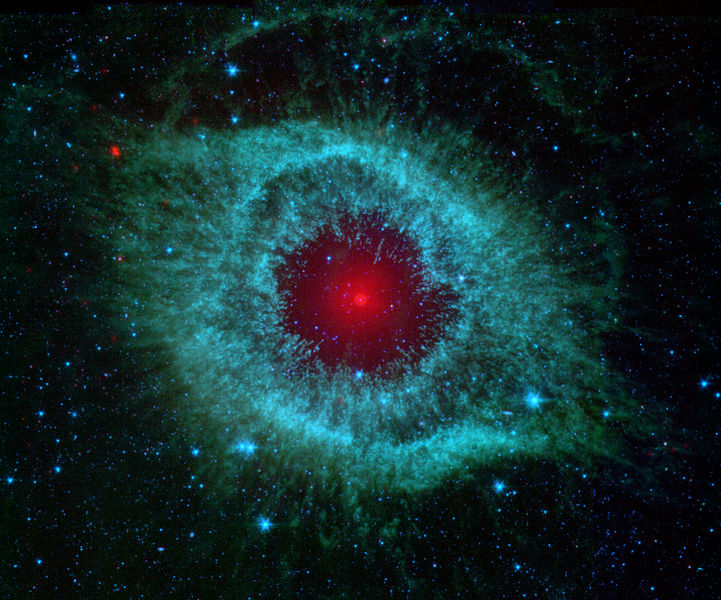Eye News Round-Up: Recent Eye-Related News to Know About

Ophthalmology is an ever-advancing field of scientific and medical study. Pioneers and experts are constantly looking to improve our understanding of our complex eyes and the methods and treatments that can help to address common problems that affect them.
In this article, we’re taking a look at some of the most recent developments and news stories in the field.
Increased physical activity linked to slower progression of open-angle glaucoma
New research, published in the Journal of Glaucoma, suggests that increased amounts of time spent in physical activity are an independent predictor of slower visual field mean deviation (VF MD) loss in patients with primary open-angle glaucoma.
The study involved 80 patients who had more than five visits and two years of follow-up, with researchers assessing a total of 131 eyes. As a leading cause of blindness and visual impairment globally, any factor that could help reduce the impact of this common eye disease is well worth exploration. Nonetheless, more research is needed to determine whether physical activity protects against glaucoma progression.
The role of Artificial Intelligence in improving ophthalmic diagnosis, awareness, and treatment
A new paper, published in the journal Cell and Developmental Biology, explores the potential application of developing artificial intelligence (AI) models in the ophthalmology field. This could be a significant turning point as the prevalence of blindness and visual impairment is expected to rise significantly in the coming decades. Figures show that myopia is on the rise around the world, particularly in children and young people.
Meanwhile, traditional public health systems are affected by the uneven distribution of medical resources, insufficient training, and limited public awareness of eye health. Experts note that AI could help to address these shortfalls; however, they also warn of existing barriers to utilising these improvements effectively, including interoperability with electronic health records, data security and privacy, data quality and bias, algorithm transparency, and ethical and regulatory frameworks.
Still, if these barriers are overcome, who knows where AI could take the future of ophthalmology?
Eye experts say avoidable blindness is linked to poverty
While not quite as recent, ongoing research continues to support the link between avoidable blindness and poverty. Figures show that the burden of blindness and visual impairment disproportionately affects developing nations and ageing populations. In fact, around 80% of cases are concentrated in these communities.
There are several reasons for this. People living in poverty are more likely to experience eye conditions related to factors such as malnutrition, inadequate sanitation, and limited access to healthcare. Moreover, blindness and vision impairment can limit employment opportunities, causing a vicious cycle of disadvantage.
This is something we are all too familiar with at London Vision Clinic, which is why we launched the London Vision Clinic Foundation. Since 2010, we have been supporting and leading efforts to improve access to vital eye treatments, including Laser Eye Surgery, to patients in remote areas of Nepal.
The “Eye of God” Nebula may have destroyed a Jupiter-like planet
Okay, so this isn’t technically related to eyes or ophthalmology, but we thought we would throw this one in for a bit of fun!
The “Eye of God” Nebula – also known as the Helix Nebula – pictured at the top of this article, is an eye-shaped cosmic cloud that has fascinated astronomers and everyday folk for decades. Not only does the nebula look eerily like a gigantic eye in the sky, but it might also be responsible for some incredible cosmic destruction.
Researchers recently suggested that the nebula, which is formed by a dying star, may have destroyed a Jupiter-like planet, resulting in the release of X-ray signals from within – a phenomenon that has baffled astronomers since the 1980s!


